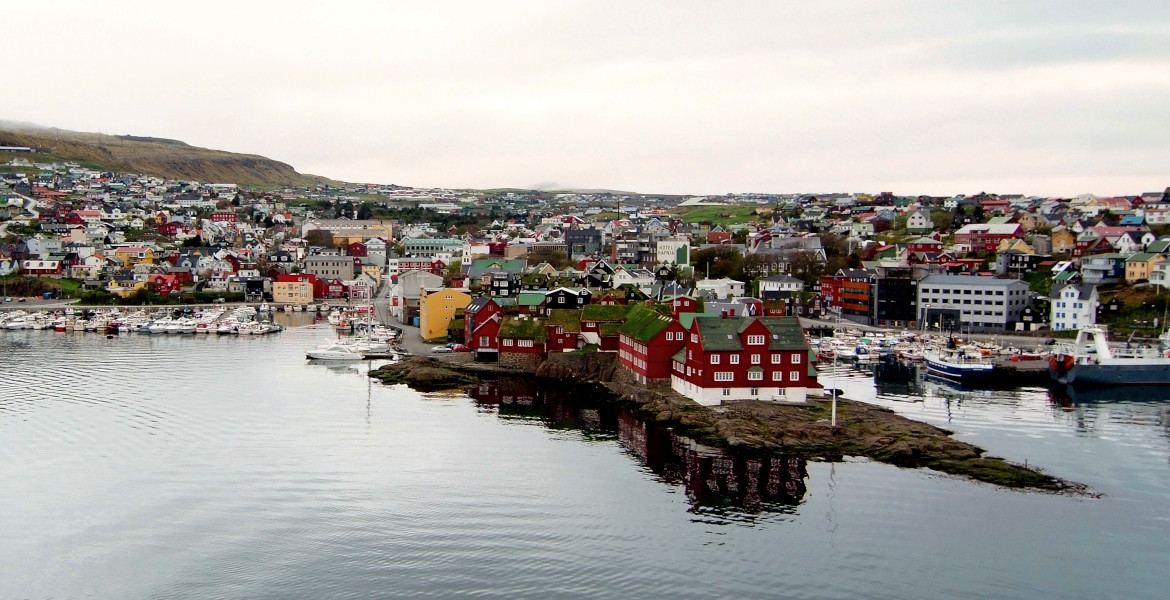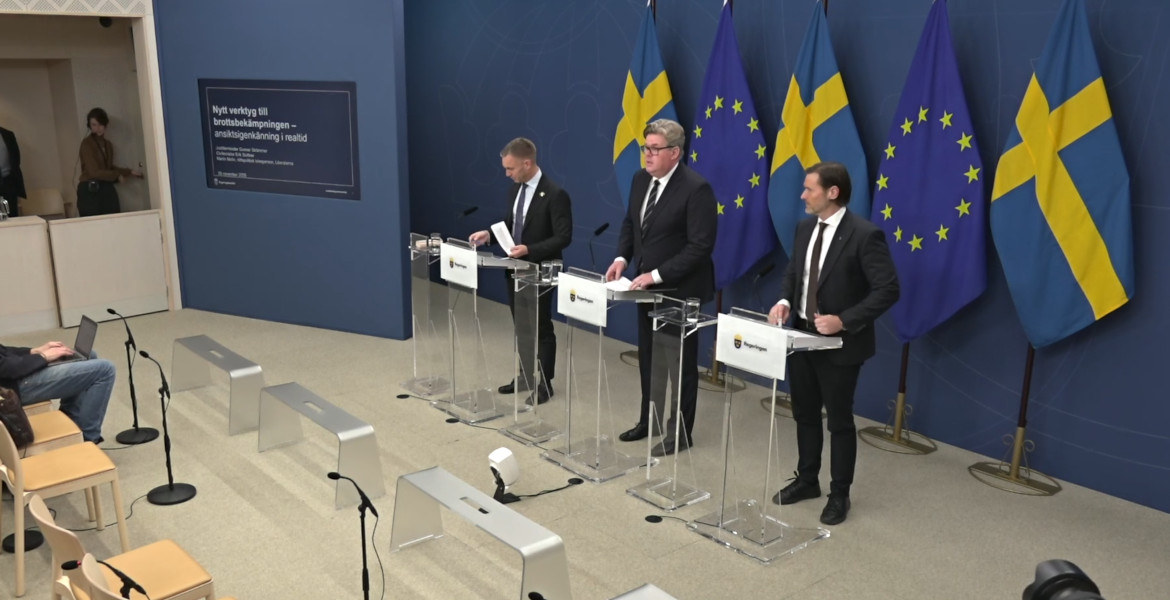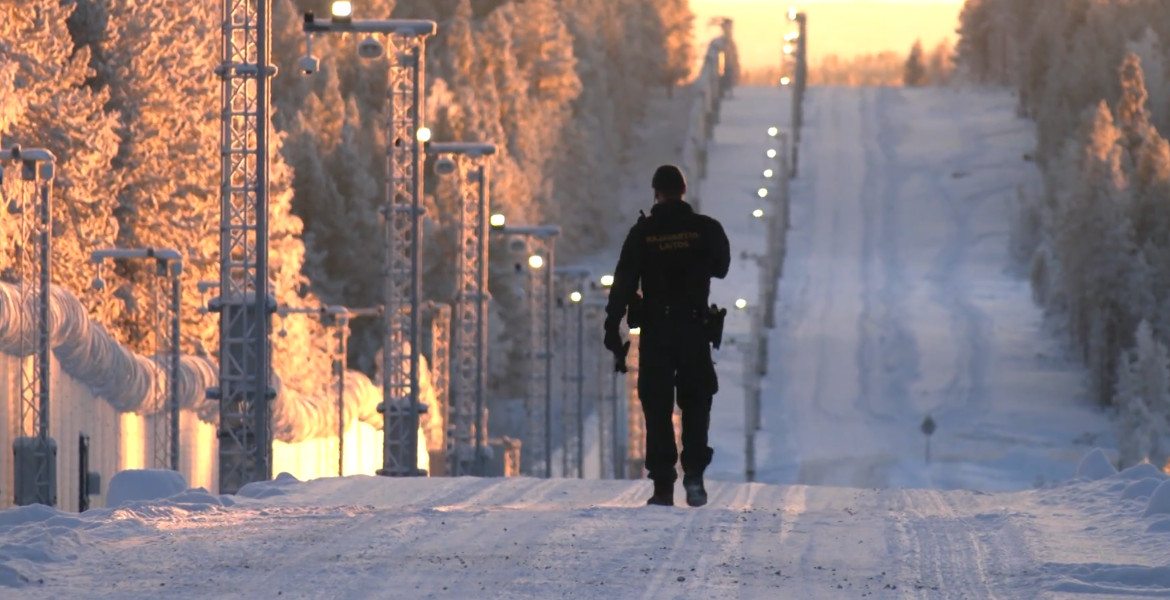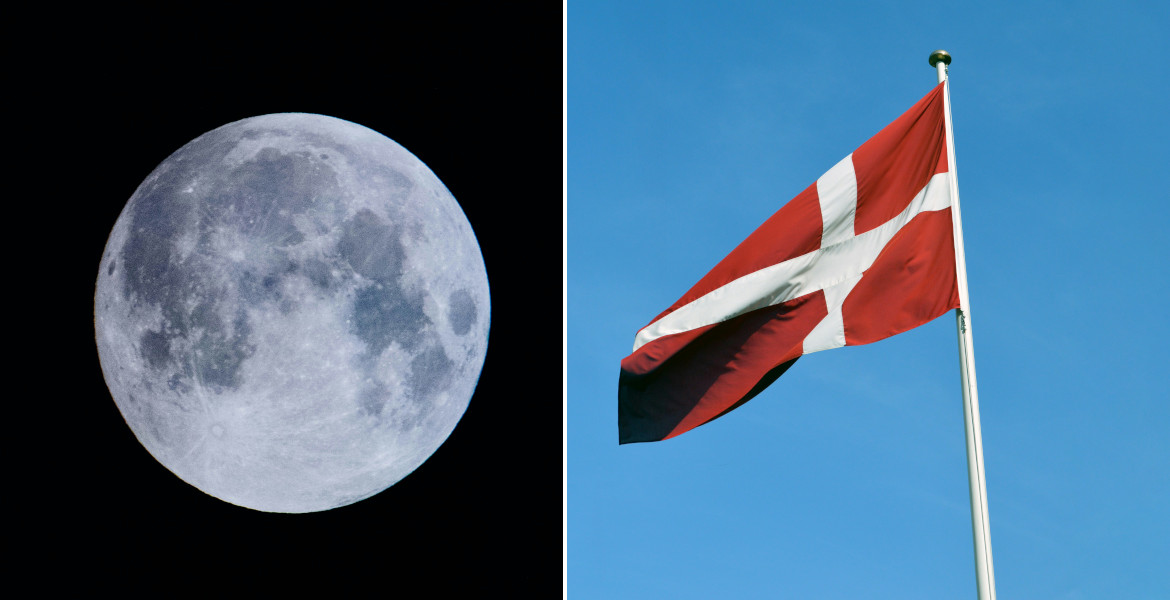Developing a small nation like the Faroe Islands is challenging, especially culturally in the digital age, according to Faroese Minister Høgni Hoydal. He also believes that the Faroese government's extensive efforts to develop the Faroese language and the small island nation's culture have paid off.
– I fully believe that the basis for all progress is human progress and that you have respect for your own culture, he emphasized during a visit to Copenhagen.
Høgni Hoydal has been the leader of the Faroese independence party Tjóðveldi, also known as the Republican Party, which is part of the governing coalition in the Faroe Islands, since 1998. Last week he visited the International Press Center in Copenhagen to report on the general situation in the Faroe Islands and the politics of the small autonomous island nation.
Among other things, Hoydal pointed out that over the past 5-15 years, the Faroe Islands have seen a population growth, which is a reversal of the previous trend. In 2023, the Faroese population is expected to reach 54,000 people. In addition to concrete investments in good conditions for family formation such as health care, schools and education and a generally functioning infrastructure to connect the 18 main Faroese islands, Hoydal placed special emphasis on investments in Faroese culture. A significant part of the public budget is being actively invested in the development of the Faroese language, partly because it is a major challenge to establish a small language like Faroese as a natural part of the global digital environment. He points out that the investments have yielded the desired results and are also reflected in a rich cultural life through music, literature and cultural festivals.
– We have to use a large part of our budget to invest in textbooks and books and literature and art, so that we can have a modern society on our own basis, with our own language, and we are quite proud that we have managed to do so, says Hoydal.
– I fully believe that the basis for all progress is human progress and that you have respect for your own culture, that you have a diversified world with as many diverse cultures and languages as possible. That is a huge challenge for us - as it is for so many.
The politician emphasizes that the Faroese approach is to simultaneously place great emphasis on encouraging learning about other cultures in order to interact effectively with the world.
"Everything is about self-reliance"
The Faroese minister also mentions that the definitive overall goal for the small island nation is to further increase its self-reliance.
– For us, everything is about self-reliance and self-determination, he says, adding that the Faroe Islands also have a moral responsibility to stand on their own two feet in relation to Denmark, which has long supported the Faroese economy.
– It is not only a question of self-reliance, it's also a question of moral in my opinion. Today, the Faroese economy is stronger than the Danish economy, so why should we get money from Denmark when we are one of the richest nations in the world?

The specific goal is to reduce the Danish support by 100 million Danish kroner over the next 4 years and to take over some new responsibilities. If the goal is achieved, it means that approximately 2.4 percent of the Faroese budget is financed by Denmark - something he points out was as much as 30 percent some 30 years ago.
Another part of the stated self-sufficiency goal is to become self-sufficient in electricity, something that has been achieved on land - but including the large fishing fleet, a complete solution has yet to be found despite the development of hydro and wave power.
13 tons of fish per Faroese - every year
The Faroese economy is very much based on the fishing industry, which accounts for 90 percent of the country's exports, and Hoydal emphasizes that a very large part of the public debate naturally revolves around it. The Faroe Islands are only 1,299 square kilometers in land area, but the sea area is 274,000 square kilometers with a well-preserved marine ecosystem that allows for annual fish catches of as much as 700,000 tons, equivalent to 13 tons per Faroese per year or 40 kilos per day. 100,000 tons of these are salmon farms.
– Everything in the Faroe Islands is about fish and sea, in a modern sense, and you can meet the Faroe Islands on every ocean of the world. Not only are we operating on our own waters but we are operating all around the world as seafarers and all modern industries that are related to the sea and to shipping and so on, says Hoydal, who adds that they are also investing in diversifying the area - including the cultivation of seaweed, which is in demand in pharmaceuticals and textiles.
One criticism directed at the Faroe Islands during the year is that they have exempted fishing exports from their sanctions against Russia, which is currently the only economic link that exists in practice between the countries. Increased pressure has been put on the Faroe Islands to end this, but Hoydal says that they are currently not worried that sanctions could potentially be imposed on the Faroe Islands by the EU. He adds that the Faroe Islands have previously experienced exceptional sanctions in connection with an EU boycott in 2013 that wiped out 50 percent of Faroese fish exports in one fell swoop.
– If the EU had managed to put these sanctions on Russia, perhaps the war would stop, he says.
Hoydal concludes that Arctic cooperation in particular is very difficult to navigate and unpredictable even in the near future due to the tragic situation in Ukraine.
– This terrible new geopolitical situation has also put pressure on what we have tried for many years, to have international and regional bodies to govern everything that happens in our vast area of the North Atlantic and the Arctic, he notes.
The Nordic Times




